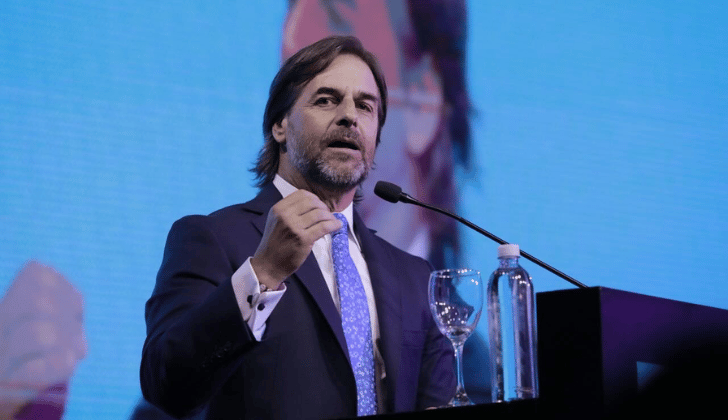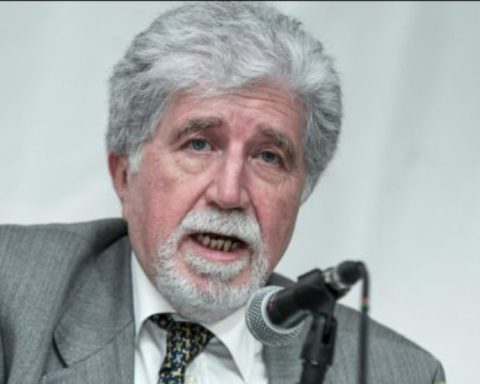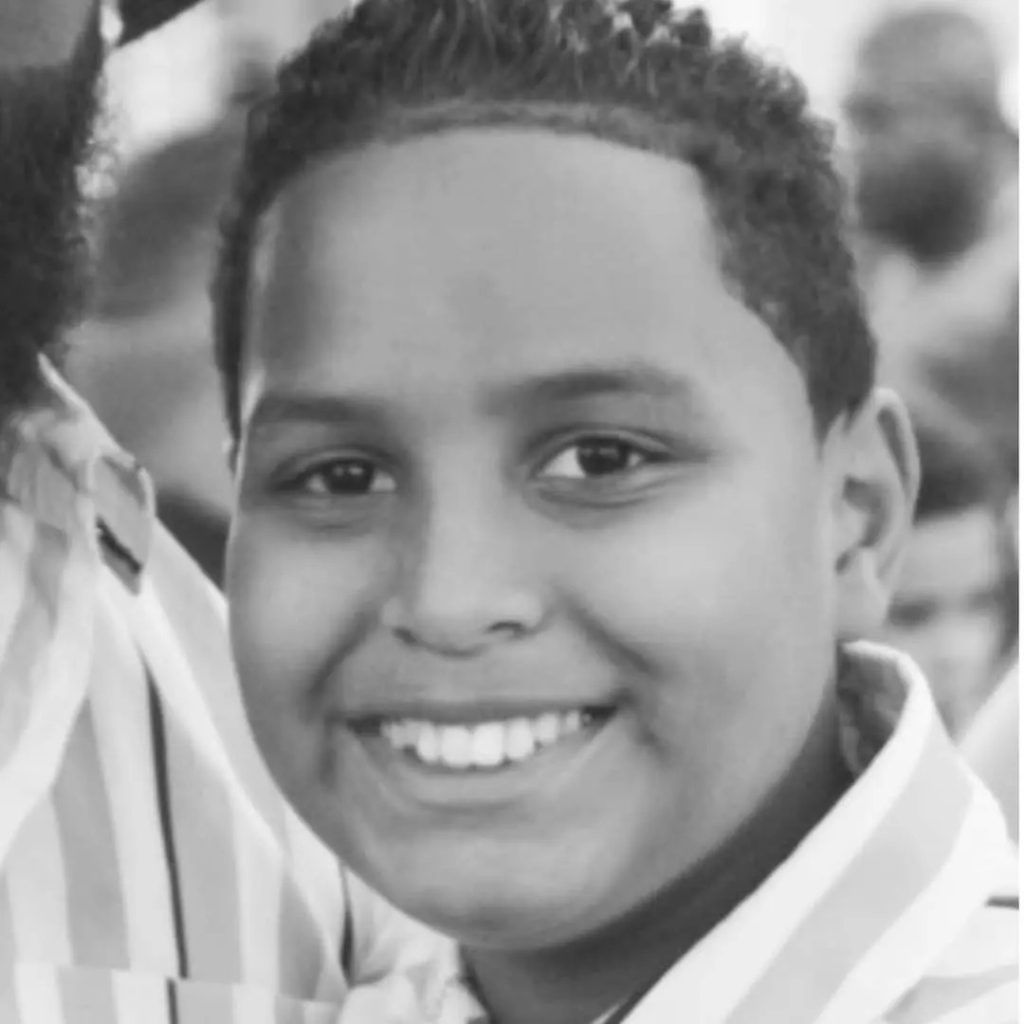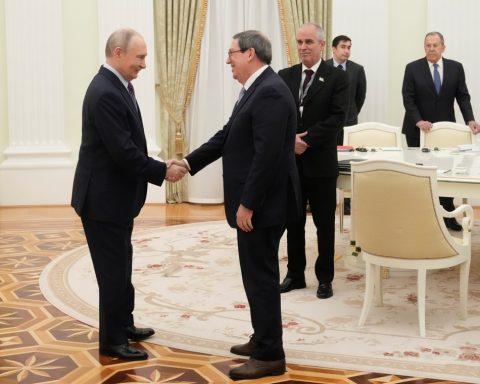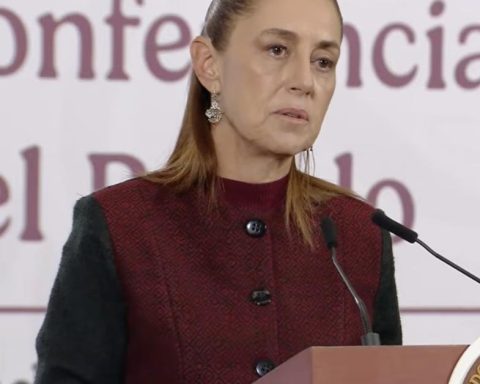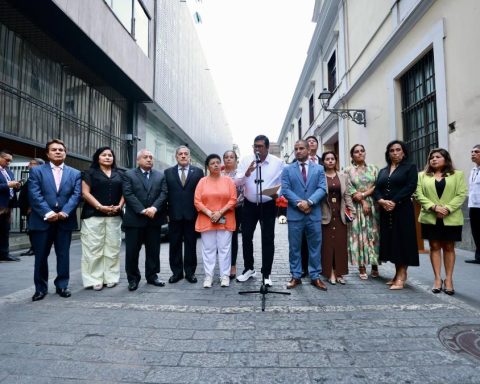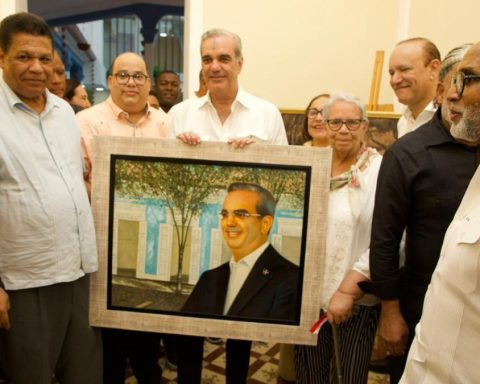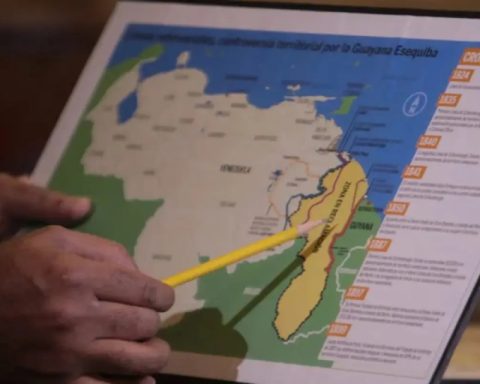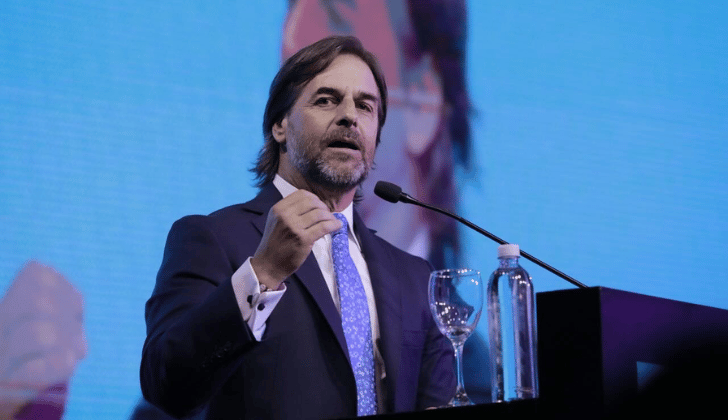
Uruguay faces a fluctuating political climate, according to the latest public opinion data presented by Cifra. The report, published on Thursday, details the public perception of President Luis Lacalle Pou’s performance. The director of the polling firm, Mariana Pomiés, was in charge of disclosing the results through Telemundo on Channel 12.
The survey, conducted in August, indicates that 45% of Uruguayans approve of the president’s performance, while 40% disapprove. The remaining 15% are neutral. Despite a two-point drop in approval rating compared to July, the president maintains a positive rating among the population.
Comparison with previous months
The decline in approval ratings is at one of the lowest levels since the start of his term, reaching a historic low of 43% in February. Within his own party, Lacalle Pou retains strong support, with 85% of his coreligionists approving of his management, only 6% showing disapproval and 9% remaining indifferent.
Support also extends to voters of the Colorado Party, with 83% in support and only 7% disapproving, while 10% remain without a clear opinion.
Reactions inside and outside the coalition
However, support is not unanimous throughout the governing coalition. Among the allied parties, the president has 48% approval, while 40% disapproval is 40%. In addition, 12% of the coalition’s voters are neutral towards his administration.
On the other hand, the panorama changes radically within the Frente Amplio, the main opposition party. 75% of its voters disapprove of Lacalle Pou’s performance, while a mere 12% approve and 13% remain indifferent. Mariana Pomiés suggests that this 12% approval rate may indicate that some voters would dissociate their perception of the president’s performance from his future electoral decisions.
Performance among undecided voters and historical comparison
Lacalle Pou’s management also shows greater acceptance among undecided voters. 34% of them value his work positively, in contrast to 30% who see it negatively, and 36% who prefer not to pass judgment. Comparatively, Lacalle Pou is below the approval ratings obtained by former presidents Tabaré Vázquez in his first term (63%) and José Mujica (52%). However, he exceeds the 34% approval rating that Vázquez registered in his last term.
These figures suggest that although President Lacalle Pou is in a middle position compared to his predecessors, his ability to retain power in future elections is still uncertain. “He is better off than the one who made the party lose, but he is not as good as those who retained the government, he is in the middle,” said Pomiés, noting that this complicates the view towards October. The next few months will be key to see how the electoral prospects of Lacalle Pou and his party would develop.
